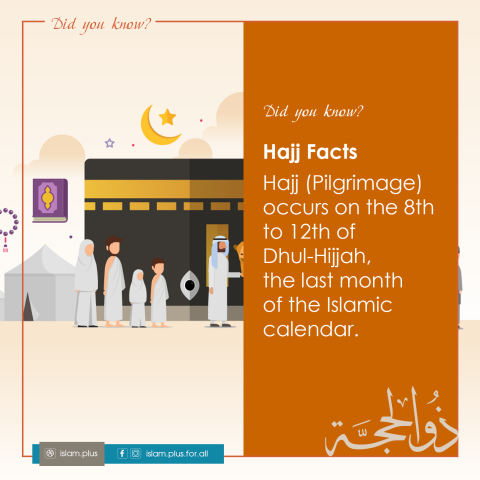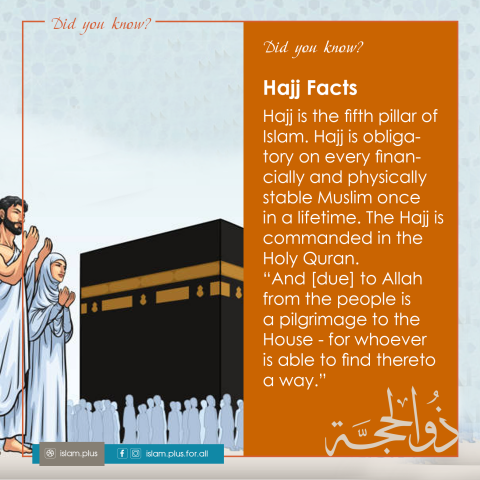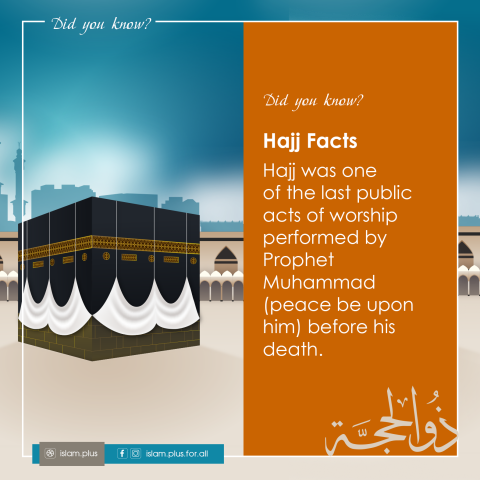Michael Arnold
Questions revolving around the nature of religious authority emerged early on in Islamic history and formed one of the central components of early Islamic theological discourse. In the centuries that followed, extensive and sophisticated systems of knowledge transmission and legitimization developed among the scholarly class throughout Muslim lands.
While theological disputes continued to arise between various schools of thought on issues such as the nature of the Divine attributes and the question of free will and determinism, the classical period in Islamic intellectual history (roughly from the 11th to 18th century CE) was remarkable for its high degree of stability and continuity. Even the devastation wrought by the Mongols in the 13th century and the subsequent collapse of the Abbasid Dynasty did not significantly disrupt these systems and the underlying principles they embodied.
The crystallization of theological orthodoxy and the maturation of the madhab (legal schools of thought) system in Islamic jurisprudence occurred in this period, as well as the development of great centers of religious learning such as al-Azhar; the University of Zaytouna in Tunis; the Ottoman School in Tripoli (Uthman Pasha Madrassah); al-Qarawiyyin in Fez; the Umayyad Mosque in Damascus, and others in Hadramawt, Sana’a, India, Mauritania, etc. These, and other secondary schools and institutions, became the pre-eminent centers of religious learning and the defacto seats of religious authority. The scholars, judges and Imams these centers produced served as disseminators of Sunni orthodoxy and links to the authority these institutions developed on the basis of their tradition of scholarship.
This continuity in religious learning and knowledge was not significantly disrupted until the late 18th century with the arrival of modernism on the shores of the abode of Islam (dar al-Islam). Seyyed Hossein Nasr, a professor of Islamic Studies, writes in Islam in the Modern World that:
“One could detect the influence of modernist ideas and movements as early as the late 18th and early 19th centuries in certain fields, such as military science, astronomy and medicine… Soon there were modernist trends in education, sociopolitical thought and law and, somewhat later, in philosophy architecture and many of the arts… Finally, such trends came to be seen in certain movements within Islam itself…”
Modernity, it has to be admitted, does not lend itself to concise definitions as it comprises political, economic, social, artistic and scientific elements. Yet underlying these elements are certain philosophical assumptions emanating from the seeds of secularism planted during the European Renaissance and bearing their fruit during the Enlightenment.
The fruits of this intellectual project, found most succinctly in the writings of Immanuel Kant and Jean-Jacques Rousseau, is marked by its rejection of tradition, prioritization of the individual and a belief in human perfectibility. Man as the measure of all things became the foundation of philosophy underlying ethics and the determination of value. These traits, along with faith in inevitable social, scientific and technological progress, are often identified as some of the foundational cornerstones of modernism.
By the end of the 19th century, Muslim societies, particularly in the Arab heartland, faced colonial domination as well as political, economic and social stagnation. A group of Islamic scholars, thinkers and activists articulated a position that the Islamic tradition itself, including law, spirituality and theology, were the main stumbling blocks in the way of ‘progress’ and therefore had to be ‘reformed.’ Their intent was to restore the Muslims to what was believed to be their rightful place in the world in terms of power and prestige.
This effectively meant mimicking the conquerors in form and spirit. The subsequent ‘reforms’ had a cumulative effect of significantly reducing the influence of the traditional ‘ulema (religious scholars), and initiated a decline in social prestige of the traditional centers of religious learning. The resulting intellectual vacuum was filled by a variety of actors who actively promoted their particular brand of Islam according to their often narrow political and ideological interests.
Consequently, the perceptions of traditional religion and religious authority experienced significant alterations. The proliferation of ad-hoc online forums addressing religiously related issues, the growing phenomenon of ‘fatwa shopping’ and the growth of what has been dubbed ‘telesalifism’ is symptomatic of the changes in the perception of religion that have taken place. Further exacerbating the situation is the fact that the issues addressed tend to stay on the surface of religious discourse and more often than not concern boundary and identity issues, further distinguishing their substantive content from traditional discussions on religion. The challenge facing traditional religion is one in which the leading lights must struggle to find an authoritative voice that resonates beyond the scholarly elite.
Islam’s engagement with modernity is underlined by two seemingly contradictory processes, which upon closer inspection actuality complement one another. The first involves the technological, economic, social and philosophical modernization of Muslim societies, which have involved an opening up of religious space resulting in an increased subjectivity and the unleashing of the imaginaire that represents much of Islam’s ongoing engagement with modernity and post modernity. Engagement with, and mediation of, religious texts was no longer viewed as the exclusive prerogative of the traditional scholarly class steeped in 14 centuries of tradition and transmission.
The second process involves a reassertion of religious identity in which religion has taken a central place as a reference point for engagement with the world. Included in this is a pseudo-commodification of religion whereby appeals to authenticity and identity have at times veiled the substance of the Islamic message. Consequently, appeals to religion and religious identity tend to have a strong pull both on elites and the masses without necessarily being grounded in the foundational assumptions of the traditional Islamic worldview.
These developments have taken place in a world in which ‘continuity’ and ‘tradition’ are associated with stagnation, and ‘progress’ and ‘novelty’ define the lexicon of what is good. It is also a world where revanchists, appealing to a puritanical form of religion, seek a return to a distorted projection of the past. Traditionalists, who should be more helpful, seem paralyzed in their attempts to counter the millenarian and revanchist voices that are no doubt helped along by seemingly ever-increasing ‘Palestinian’ scenery (i.e. the dystopian conditions of destruction and destitution brought about by occupation, oppression, disenfranchisement, etc.). The operationalization of religion as ideology has further confused the intellectual environment that Muslims find themselves in today.
Despite the association in popular discourse of modernity with progress, modernity as an intellectual, social, political and economic project has also given rise to some of the most violent and radical movements in human history. Our memory should not be so short to forget that social Darwinism and fascism are quintessential products of modernity. This is not to say that opening up religious intellectual space is inherently negative, yet for various reasons it has been dominated by a certain type of religion that has largely sidelined a 1400-year-old tradition. Popularly known as ‘fundamentalism’, this type of religion has various avatars, the most notable of which currently is Salafism.
This is best illustrated through an allegory. Imagine the Islamic tradition as a cave of treasures. In this cave are all sorts of jewels and gold, some of which are clunky, but nonetheless extremely valuable and beautiful. Those voices who seek to return religion to its puritanical origins are akin to those who want only the gold without all the accompanying jewels. However, in the process of melting down the gold, the treasures are re-shaped in a way that is no longer recognizable. Additionally, they are inherently moulded according to the culture and world view of those who seek to reshape them.
Salafi voices have taken center stage in filling the void of traditional religion, demonstrating the philosophical impact of modernity in the Muslim world. This form of religion shares certain core assumptions with modernist thought, most notably the rejection of tradition. This is because its intellectual heritage is rooted in the pseudo religious reaction to the dystopian conditions resulting from colonization, social and economic deterioration, and the rapid and largely incoherent attempts at modernization that took place in the Islamic heartland from the 19th century onward.
Despite initial appearances, in actuality it is nearly impossible to divorce Salafist thought from modernity. The current wave of ‘fundamentalism’ uncritically accepts some of the most central aspects of modernity, such as the inherent value of technology and modern science, modern ecologies and political forms, and a generally dismissive view of the arts. The by-passing of tradition and emphasis on self-interpretation of the religious sources also neglects the fact the sources always have an interpreter, and is symptomatic of a worldview in which the individual is sovereign. In the end, Salafism and other related ‘fundamentalisms’ show themselves to be symptoms of a disease for which they pretend to be the cure.
Reactions to political and social upheavals from religious figures associated with traditional institutions have further exacerbated this situation. Islam has played a central role as a reference in mediating understandings of the civil strife, uprisings and civil wars taking place in the Muslim heartland because of the power of religious appeal. Muslims in areas under strife, communities in the West and across the globe continue to look for religiously rooted lenses through which to understand these ongoing socio-political crises. Calls for greater liberties, rights and democracy have been the norm not only among secular forces but also among Islamist forces and their supporters. Thus, voices that appear to undermine these calls are deemed to be problematic. The attempted co-option of al-Azhar by the Sisi regime in Egypt as a part of a broader effort to bring civil society to heel risks being interpreted as a capitulation to tyranny.
It is not as if this represents the first instance in Islamic history where political authority has attempted to co-opt religion for its own ends. Historically, prudent pragmatism and a strategy of negotiation with the ruler on the part of the scholarly class was the norm among Sunni scholars. Social stability and a general peace between subject and ruler were important values that continue to be upheld. Yet, this also included a scholarly resoluteness in the face of oppressive power as famously demonstrated Ahmad Ibn Hanbal, Imam Malik and others. In an age where these alternative voices explicitly reject the existing religious establishment, a perceived surrender to tyranny only serves to erode the moral authority of traditional voices. Muslim populations that have risen up against oppression and corruption are less willing to trust traditional religious authorities perceived as being captured by political or government interests.
What is needed, then, is an intellectual and spiritual renewal anchored in the tradition. The traditional institutions and scholarly class need to be proactive not only in the field of spiritual and ethical guidance, but also in channelling and supporting their peoples’ legitimate aspirations for dignity and freedom from oppression. This needs to come from a traditional wisdom that unequivocally denounces tyranny and oppression while also understanding the value of peace and stability. In order to maintain watch over their flock, traditional voices both inside and outside the established institutions need to re-discover the wisdom of their forbearers, which not only cautiously cooperated with rulers for the sake of stability, but also unequivocally rejected co-option by tyranny.
Source: The Islamic Monthly


 Quran
Quran







Add new comment